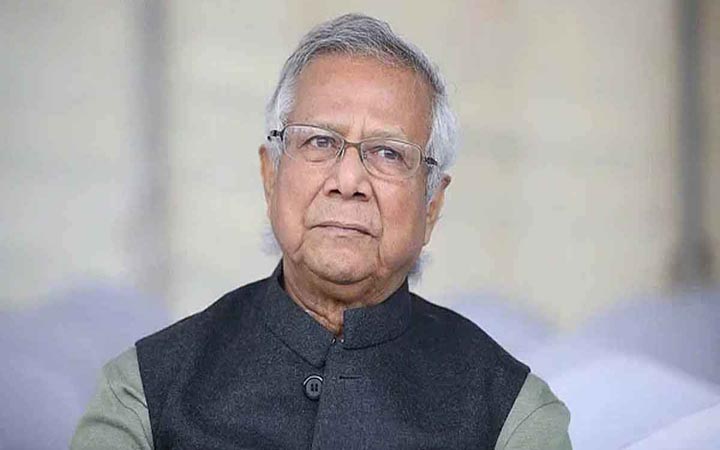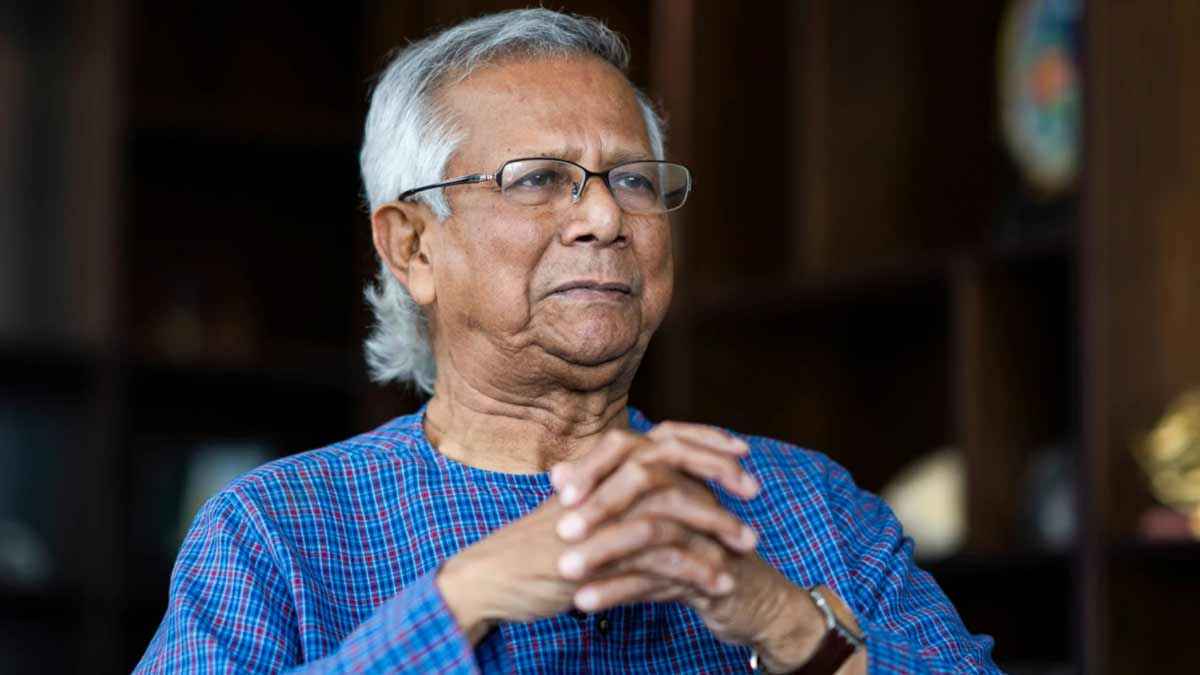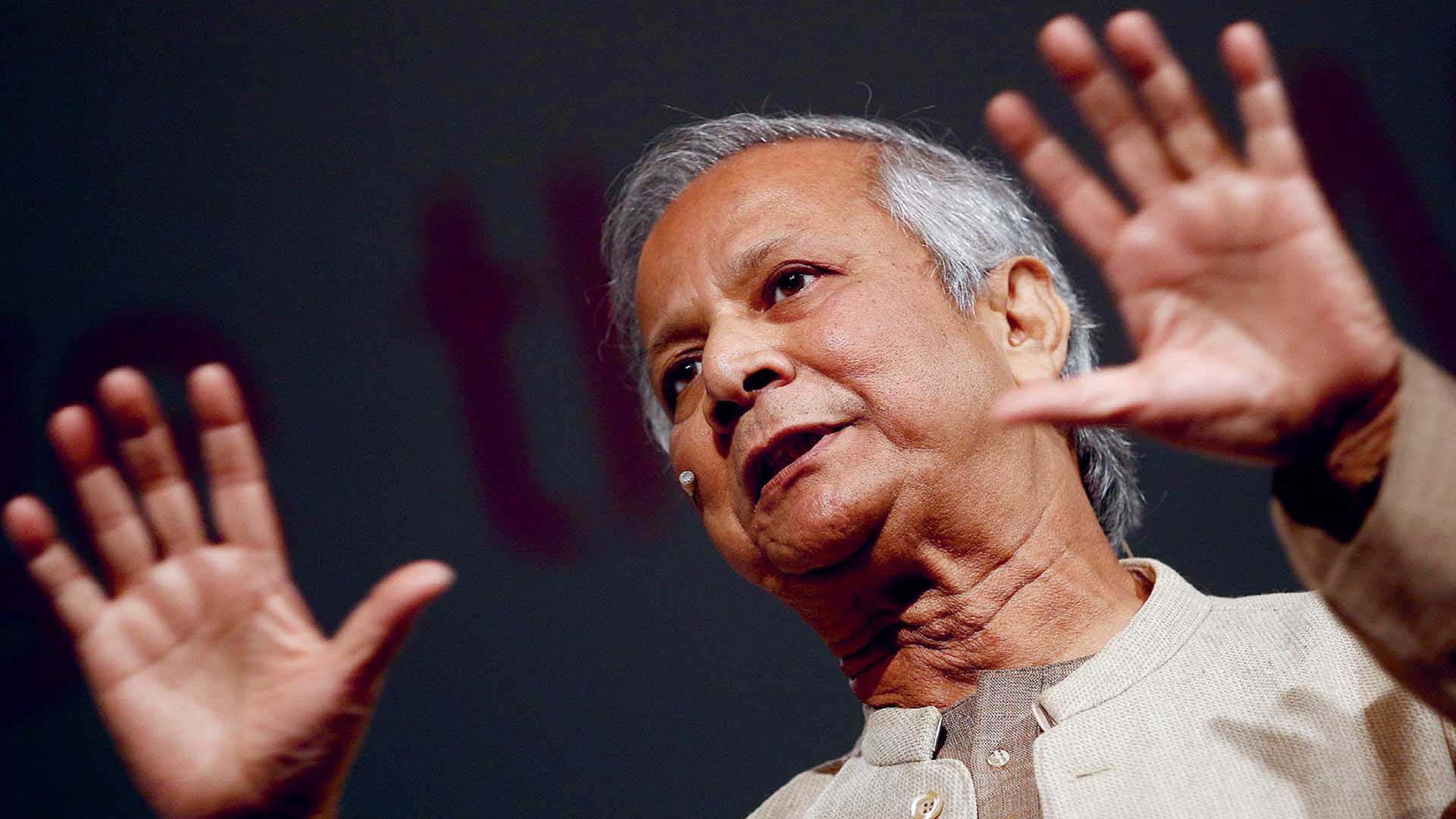On average, 2,600 migrant workers returned home daily in December while a total of 4.08 lakh such workers came back in the nine months from April after losing their jobs abroad due to the coronavirus pandemic.
Besides, some 5.5 lakh aspirants who were expected to migrate with jobs through the normal process during the time did not have the opportunity while nearly 1.5 lakh workers could not return to their workplaces after ending their vacation at home, said migration officials and researchers.
A total of 4,08,408 migrant workers, including 49,924 females, returned home from 29 countries after they lost their jobs following the COVID-19 outbreak, said the December 31 report of the Bureau of Manpower, Employment and Training.
Expatriates’ welfare and overseas employment ministry officials said that it was yet to receive any significant demand for workers from any foreign job market.
Bangladesh Overseas Employment and Services Limited managing director Md. Saiful Hassan Badal told New Age that they received demand for only 12,000 workers from Jordan, 2,000 from Dubai and 800 from Saudi Arabia.
‘We are exploring other markets,’ he said.
A number of repatriated workers said that after coming back home they did not have employment and got frustrated with their savings exhausted.
Abdus Shakur who returned from Malaysia said that like 25,000 other stranded workers he was waiting to go back to his workplace but the government was indifferent to them.
‘I have been without work for the last 10 months. I have meanwhile finished all my savings. Now I am depressed and hopeless,’ said Sakur, an inhabitant of Brahmanbaria.
The ministry has earmarked a Tk 700 crore fund for repatriated workers but the loan distribution is not up to the mark as returnees are not seeking loans due to lack of proper communication, officials said.
As opportunities for overseas jobs through the formal channel have dwindled, human-trafficking rackets have become very active in the guise of manpower brokers or travel agents who lure aspirant migrants with the promise of good jobs abroad, said manpower experts.
Bangladesh set a target to send 7.5 lakh workers abroad in 2020 while it sent 7,00,159 workers in 2019, 7,34,181 in 2018 and 10,08,525 in 2017.
According to the Criminal Investigation Department, against 35 human trafficking cases they rounded up around 300 accused around the country in 2020.
The CID arrested 171 suspected human traffickers following the Libya massacre in last May, which claimed the lives of 30 migrants, including 26 Bangladeshis.
According to CID special superintendent Syeda Zannat Ara, there is a nexus between the traffickers and some airlines, expatriate ministry officials, recruiting agents and airport agencies.
BMET director general Shamsul Alam said that the bureau would take departmental actions against the convicted in human trafficking cases.
A Dhaka University political science professor and the founding chairman of Refugee and Migratory Movements Research Unit, Tasneem Siddiqui, said that the existing situation would continue until the coronavirus threat was over and the economic condition of the destination countries was back to normal.
Experts advised the government to invest in developing need-based skilled manpower for the post COVID-19 world as they believe the demand for jobs like nurses, doctors and other healthcare workers would increase in many countries.
Expatriates’ welfare and overseas employment minister Imran Ahmad has recently said that the overseas employment sector of Bangladesh was the worst-affected sector due to the coronavirus pandemic.
The minister on December 18 in a press conference at his office said that they had received demand for only 12,800 workers from two countries — 12,000 garment workers from Jordan and 800 others from Saudi Arabia.
Some 1.5 lakh Bangladeshi migrants are working in Lebanon, who are living a miserable life there due to job losses and wage cuts amid inflation and the coronavirus pandemic, and many of them demanded that they should be brought back home, according to news reports.
The world’s largest non-government organisation BRAC’s migration programme head Shariful Hasan said on Monday that thousands more workers were still at risk of losing jobs amid an economic downturn in the host countries as the disease continued spreading in most of them.
He advised the government to take a large-scale reintegration programme for repatriates in cooperation with development partners and develop skilled manpower according to job market demand.
According to Bangladesh Association of International Recruiting Agencies general secretary Shameem Ahmed Chowdhury Noman, the demand for new workers is very low in this time of pandemic.
Private entrepreneurs, he said, are working hard to find new job destinations but governmen












